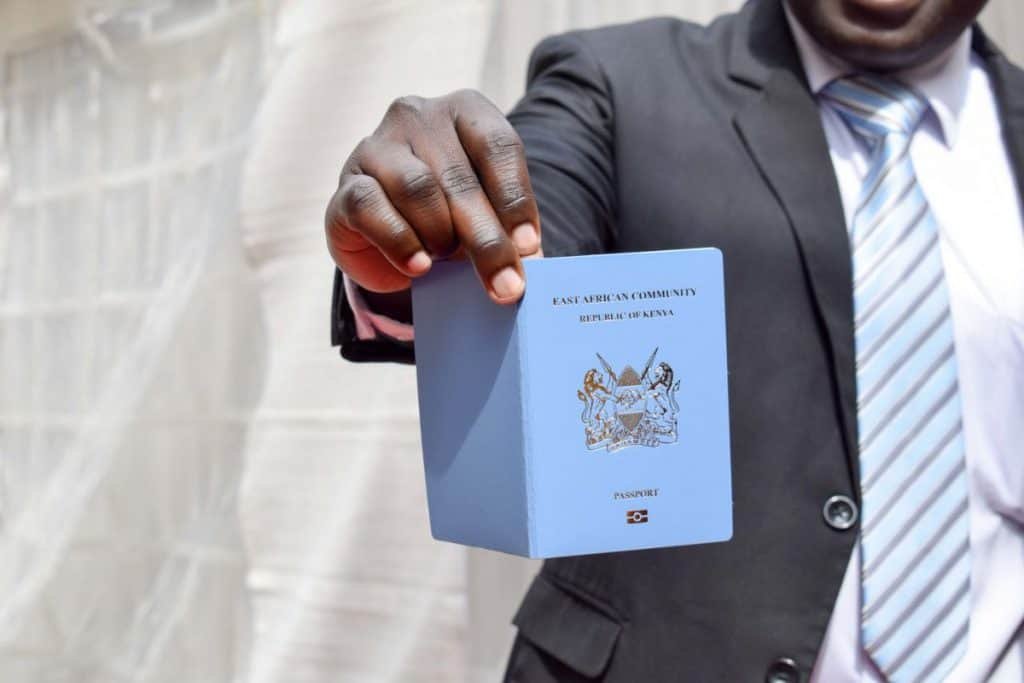The history of Jews in the land now known as Israel is long and complex, spanning thousands of years. Here is a brief overview:
- Ancient Israel: The Jewish connection to the land of Israel can be traced back to ancient times. In the biblical narrative, Jews believe that their ancestors, led by figures like Abraham, Isaac, and Jacob, settled in the region and established the Kingdom of Israel. This kingdom experienced periods of independence and foreign rule, including the Babylonian and Roman conquests.
- Roman Expulsion: The Romans conquered and controlled the region known as Judea, which included Jerusalem, during the 1st century CE. Following a series of revolts, particularly the Bar Kokhba Revolt in the 2nd century CE, the Romans expelled many Jews from the area.
- Diaspora: After the Roman expulsion, a significant Jewish diaspora (scattering) occurred, and Jews established communities in various parts of the world. They maintained their religious and cultural identity throughout this period.
- Ottoman Empire: Over the centuries, various empires ruled the region, including the Byzantines, the Islamic Caliphates, and the Ottoman Empire. During the Ottoman era, Jews lived in the area that is now Israel alongside other religious and ethnic groups.
- Zionist Movement: In the late 19th and early 20th centuries, a political and ideological movement called Zionism emerged among Jews, particularly in Europe. Zionism aimed to establish a Jewish homeland in Palestine (then part of the Ottoman Empire) in response to anti-Semitism and persecution in Europe.
- Balfour Declaration: During World War I, the British government issued the Balfour Declaration in 1917, expressing support for the establishment of a “national home for the Jewish people” in Palestine.
- British Mandate: After World War I, the League of Nations granted Britain the mandate to govern Palestine. During this time, Jewish immigration to Palestine increased.
- United Nations Partition Plan (1947): In 1947, the United Nations approved a plan to partition Palestine into separate Jewish and Arab states, with Jerusalem under international administration. This plan paved the way for the establishment of the State of Israel in 1948.
- Declaration of the State of Israel: On May 14, 1948, David Ben-Gurion, the head of the Jewish Agency, declared the establishment of the State of Israel. This declaration marked the official re-establishment of a Jewish state in the land of Israel.
The establishment of Israel resulted in conflict with neighboring Arab states, leading to the 1948 Arab-Israeli War. Israel’s existence was subsequently recognized by many countries, while the Palestinian population experienced displacement, and the Palestinian-Israeli conflict was born.
The history of Jews returning to Israel is deeply intertwined with the broader history of the region and the conflicts that have ensued.








